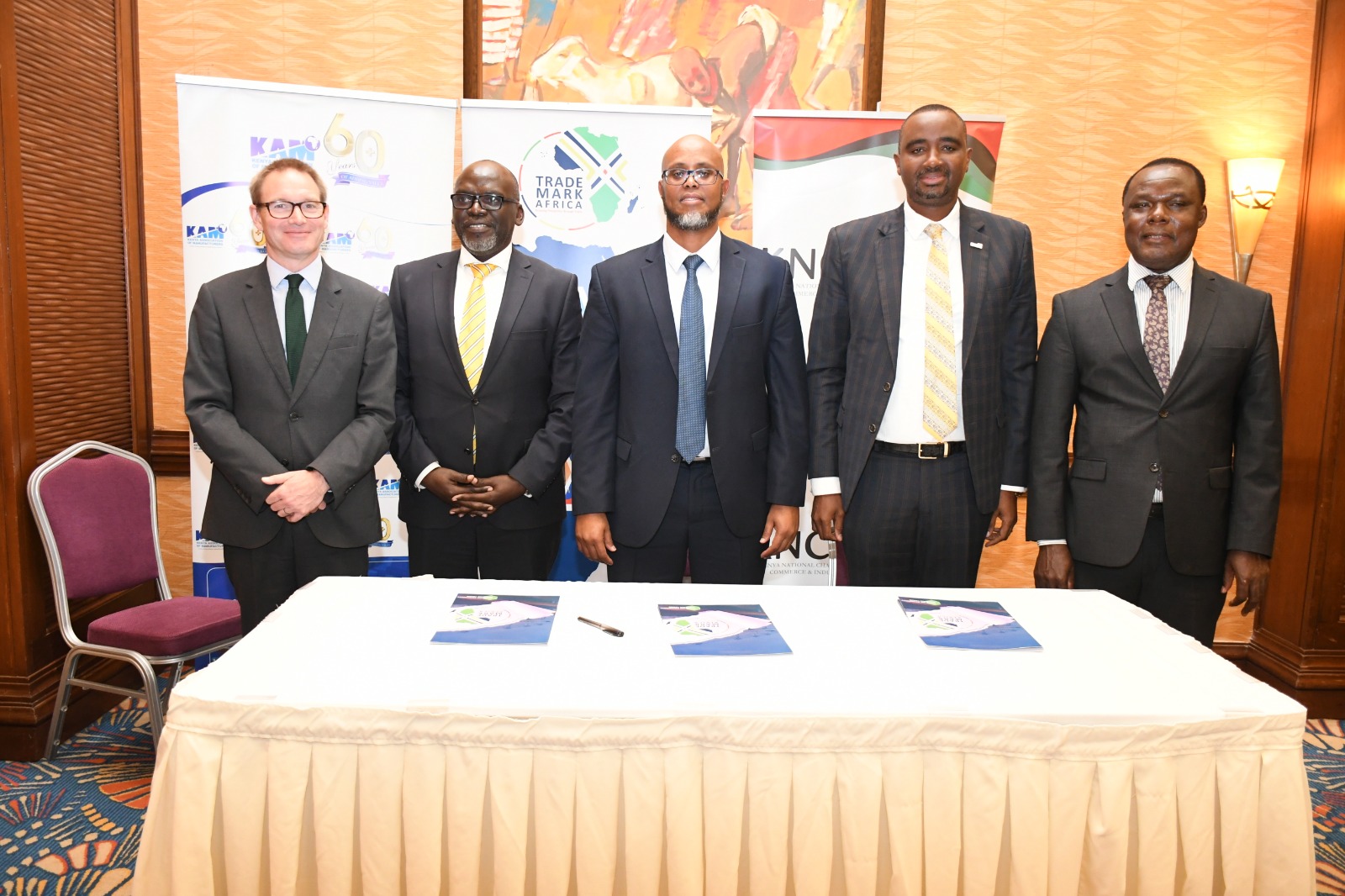Kenya Wildlife Service (KWS) has launched its Strategic Plan for 2024-2028, setting the stage for a new era of wildlife protection and biodiversity conservation. The plan aims to strengthen Kenya’s wildlife economy and enhance partnerships with stakeholders. Through its initiatives, KWS will boost the socio-economic value of wildlife conservation, create jobs, improve livelihoods, and increase foreign exchange earnings.
The Strategic Plan positions Kenya as a global leader in sustainable tourism, with the wildlife economy serving as a key driver for growth and ensuring that local communities benefit from conservation efforts. Focused on five strategic goals, the plan aims to promote thriving wildlife populations, build resilient ecosystems, engage communities and stakeholders, expand the wildlife economy, and establish a high-performing organization. It incorporates adaptive management to address challenges like habitat degradation, human-wildlife conflict, and illegal wildlife trade.
At the launch, Cabinet Secretary for Tourism and Wildlife, Rebecca Miano, emphasized the importance of expanding the wildlife economy to reduce inequalities, improve food security, and support rural economies. She highlighted initiatives like promoting consumptive wildlife enterprises, enhancing marine reserve management, diversifying tourism products, and improving facility management. Miano reiterated the government’s commitment to using Kenya’s natural heritage for sustainable development, ensuring that conservation benefits are equitably shared among all stakeholders. She noted that the wildlife economy has the potential to generate wealth and improve the lives of many Kenyans.
Previous efforts to support Kenya’s wildlife economy have already resulted in increased revenue. Miano commended KWS leadership for upholding values of accountability, resilience, integrity, inclusivity, and innovation. She also praised the KWS Board of Trustees, led by Lt. General (Rtd) Walter Raria Koipaton, for their role in shaping the Strategic Plan. She thanked KWS Director General Dr. Erustus Kanga and his team for their dedication to advancing conservation in Kenya.
Principal Secretary of the State Department for Wildlife, Ms Silvia Museiya, highlighted the plan’s focus on reducing biodiversity loss, enhancing community engagement, and ensuring that all Kenyans benefit from wildlife conservation. She emphasized that the plan will improve human-wildlife coexistence, promote equitable sharing of conservation benefits, and implement science-based approaches to increase wildlife populations and protect critical ecosystems. Museiya pledged government support for developing frameworks to ensure the sustainable use of wildlife resources and the review of laws to strengthen governance in the wildlife sector.
KWS Director General Dr. Erustus Kanga emphasized the transformative nature of the Strategic Plan, which includes the implementation of the National Human-Wildlife Coexistence Strategy and the National Wildlife Climate Change Adaptation Strategy. He noted that these initiatives will ensure the resilience and sustainability of Kenya’s wildlife heritage for future generations.”





